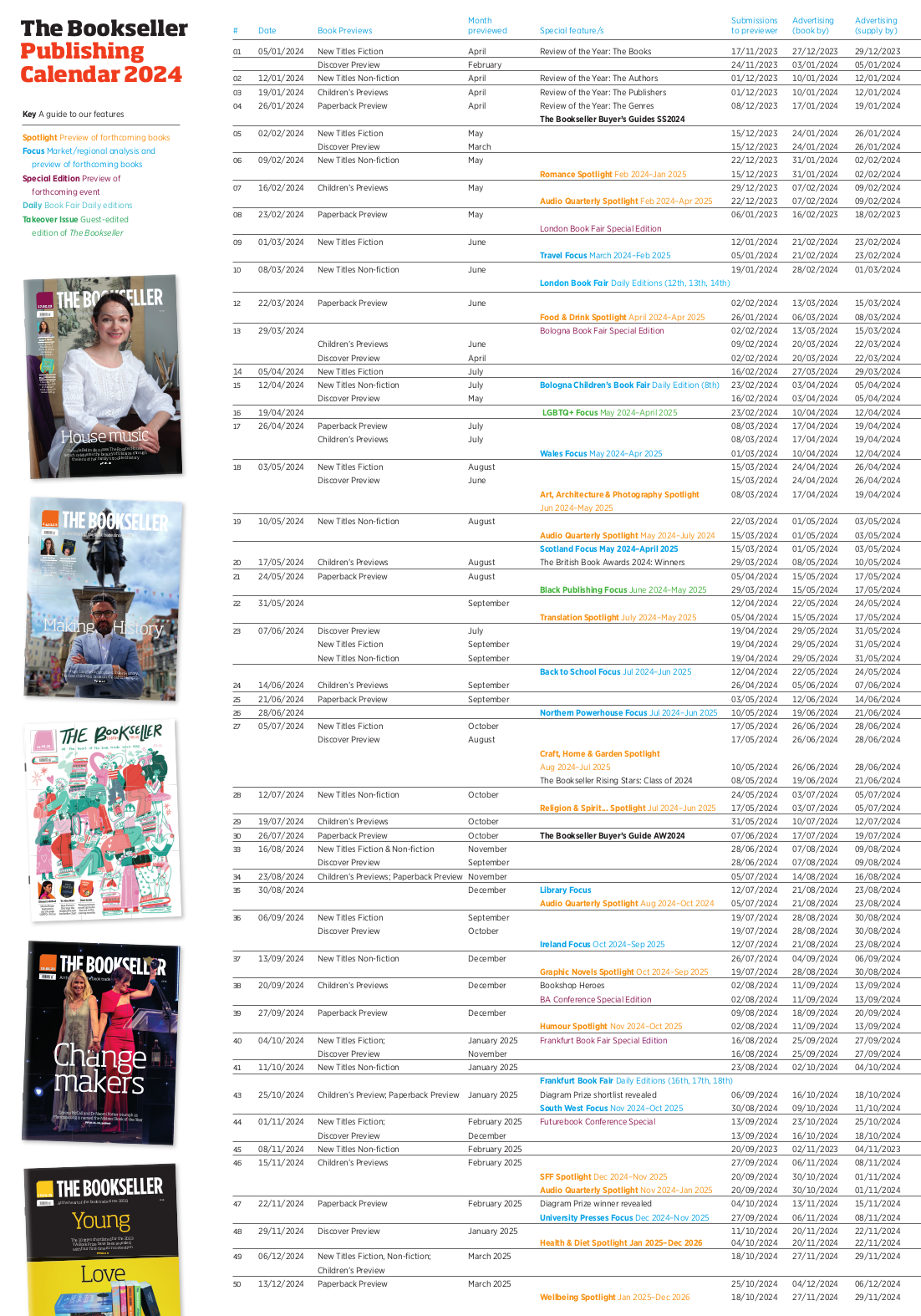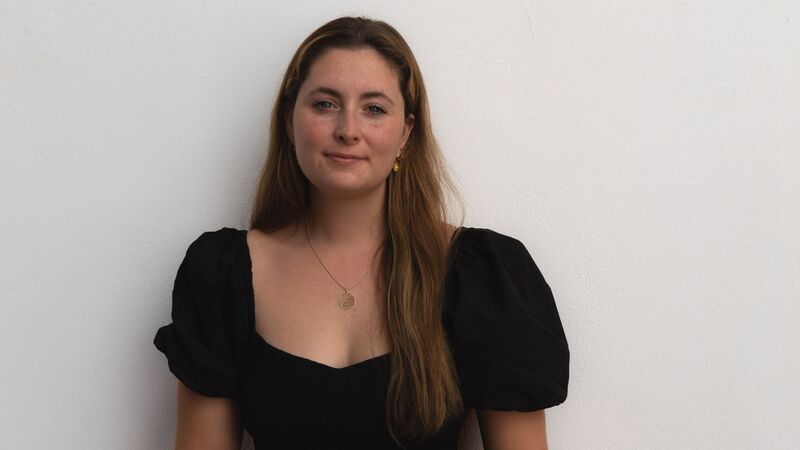You are viewing your 1 free article this month. Login to read more articles.
Emma Hopkin: In the hot seat
Whatever your background, becoming a managing director for the first time is a challenge requiring a whole new skills set. Macmillan Children's Books appointed its new m.d., Emma Hopkin, in November last year, replacing Kate Wilson who had moved to Scholastic UK as group m.d. last summer. Under Wilson's stewardship, Macmillan Children's Books had become a £17m business, growing by more than 50% since 2000.
Sudden departures
Hopkin was previously sales and marketing director within the children's division, and this was her first role as m.d.--she welcomed the challenge. A strong team was already in place and she expected to have time to develop her experience and new skills, envisaging few changes to the division's team or structure.
Within a fortnight, two senior members of Macmillan's editorial team, associate publishers Marion Lloyd and Alison Green, had left to set up their own fiction and novelty and picture book imprints for Scholastic UK. "I didn't want either of them to go," Hopkin says. "When senior staff leave, they take with them experience and knowledge. When they are editorial staff, they also have extremely important relationships with authors and illustrators."
Macmillan is home to bestselling author/illustrator team Axel Scheffler and Julia Donaldson as well as authors such as Meg Cabot (The Princess Diaries), Eva Ibbotson (The Star of Kazan) and Frank Cottrell Boyce, whose title Millions has just been selected as this year's Liverpool Reads book. Fiction accounts for around one third of the division's £17m turnover and Campbell Books--the creator of Buggy Buddies--another 30%.
The departure of two senior publishers meant the potential loss of key authors and illustrators too: it was the biggest and most immediate challenge Hopkin had to face but, with her sales and marketing background, she had had little of the sort of contact with agents or authors that she needed. What she did have, though, was PR skills. "Because I have always been in marketing, I understand the value and importance of PR." She moved quickly to reassure the company's authors and illustrators by meeting with them and their agents, and she strengthened the editorial team. Publishing director Sarah Davies became responsible for all editorial output, and the new role of editorial director, fiction, was created and Sarah Dudman promoted. Since then, two new editors have also been appointed.
One notable departure in the past few months has been author Carl Hiaasen, who joins the Random House Children's Books list with his next children's book, Flush, but the reason given is that Transworld is his adult publisher. Macmillan has, however, signed longer-term deals with Frank Cottrell Boyce for a further two titles and Gwyneth Rees for four more titles, with other deals under discussion.
Learning curve
Hopkin also put in place a new management structure, including Davies as publishing director, while rights director Tracy Phillips became sales director responsible for all territories. The Macmillan Children's board, which comprises representatives from each department, has been developed as an active management group. Apart from Hopkin, those on the children's board include Davies, Phillips, art director Anne Glenn and production director Tracy Florance. Hopkin says, "We still had an extremely strong structure in place--apart from myself, all those on the board had been here for more than 10 years." Transforming the role of the board from business review to active decision-making has also resulted in more teamwork.
Hopkin also wants to broaden the department's skills to include financial awareness and is introducing a financial course for all staff. "Right across our department, people are spending Macmillan's money and they need to know what that means--it is easy to forget that we are running a business." She has introduced a business strategy meeting for all senior members of staff to review the latest figures.
Hopkin recognised that she needed to develop her own skills as well. "There were areas where I could see changes needed to be made but, in order to do so, I had to learn about those areas.
"Children's m.d.s often come from an editorial background rather than from sales like myself. But whatever your background, there will be skills you need to develop. Those from an editorial background won't have sales contacts or know about the sales processes, while if you're from sales, you won't have the publishing contacts. I also need to learn about the international aspects of our business."
Business balance
One of the main changes Hopkin would like to see concerns the balance of UK sales between trade and specials, to increase Macmillan's trade representation; this is, after all, where the margins lie.
She is also taking a closer look at publishing output and Macmillan's mix of product. "I am learning how different parts of our list work in different markets. Campbell Books, for example, is very important in the UK but percentage-wise, is extremely important in our coedition business. Our picture books, meanwhile, have traditionally performed well in Europe, but their importance in the UK trade has grown because of the success of Axel Scheffler and Julia Donaldson." Macmillan's picture book sales are, however, possibly over-reliant on UK trade and the company needs to develop more titles with international appeal. Hopkin would like to see more young fiction on the list and more titles for boys.
In the international market, Hopkin is taking a more strategic look at Macmillan's publishing partners. Currently, many of the larger publishing deals being agreed in the children's industry are for world rights and tend to go to publishers with US sister companies. Improving links with its own international co-publishers could mean Macmillan is better placed to achieve those kinds of deals.
"Pan Macmillan is owned by the Holtzbrinck group which has other companies in Germany, Australia and the US," says Hopkin. "I think that there are areas we can exploit and that we can use those partnerships more than we have done." US companies within the Holtzbrinck group include St Martin's Press, Roaring Brook Press, Farrar, Straus&Giroux and Henry Holt, as well as Fischer Verlag in Germany. In the coming months, Hopkin says that her focus will be on the company's presence in the US market.
Caroline Horn








